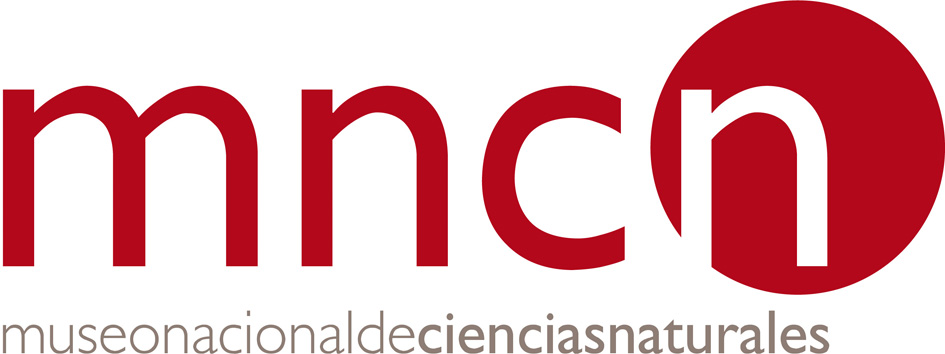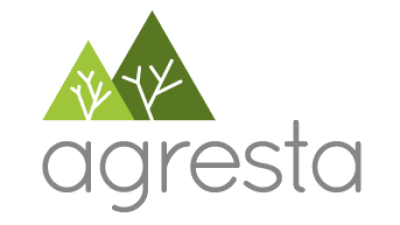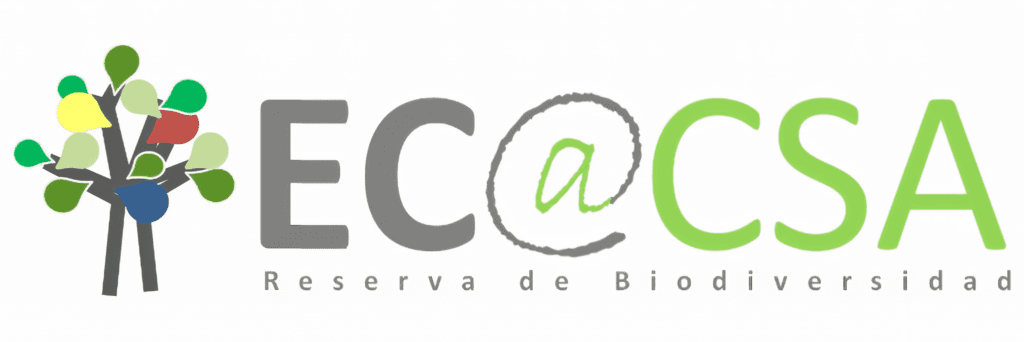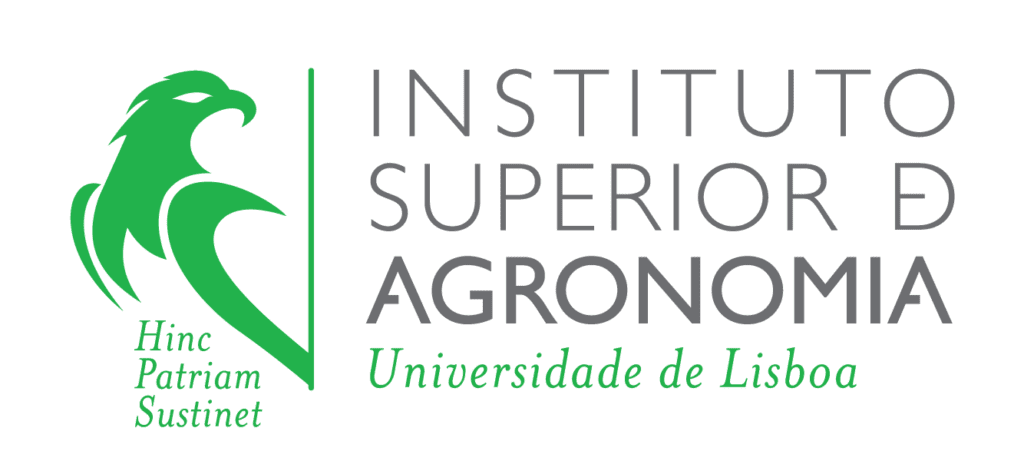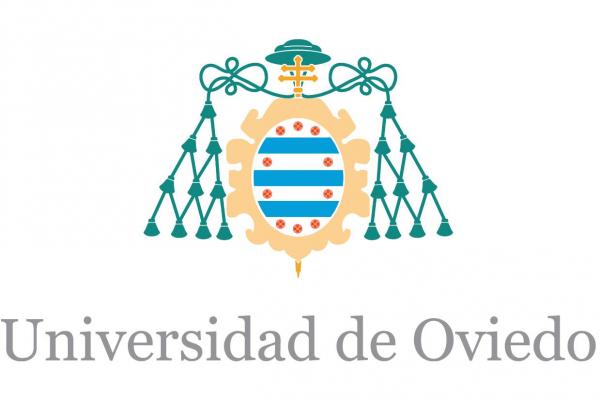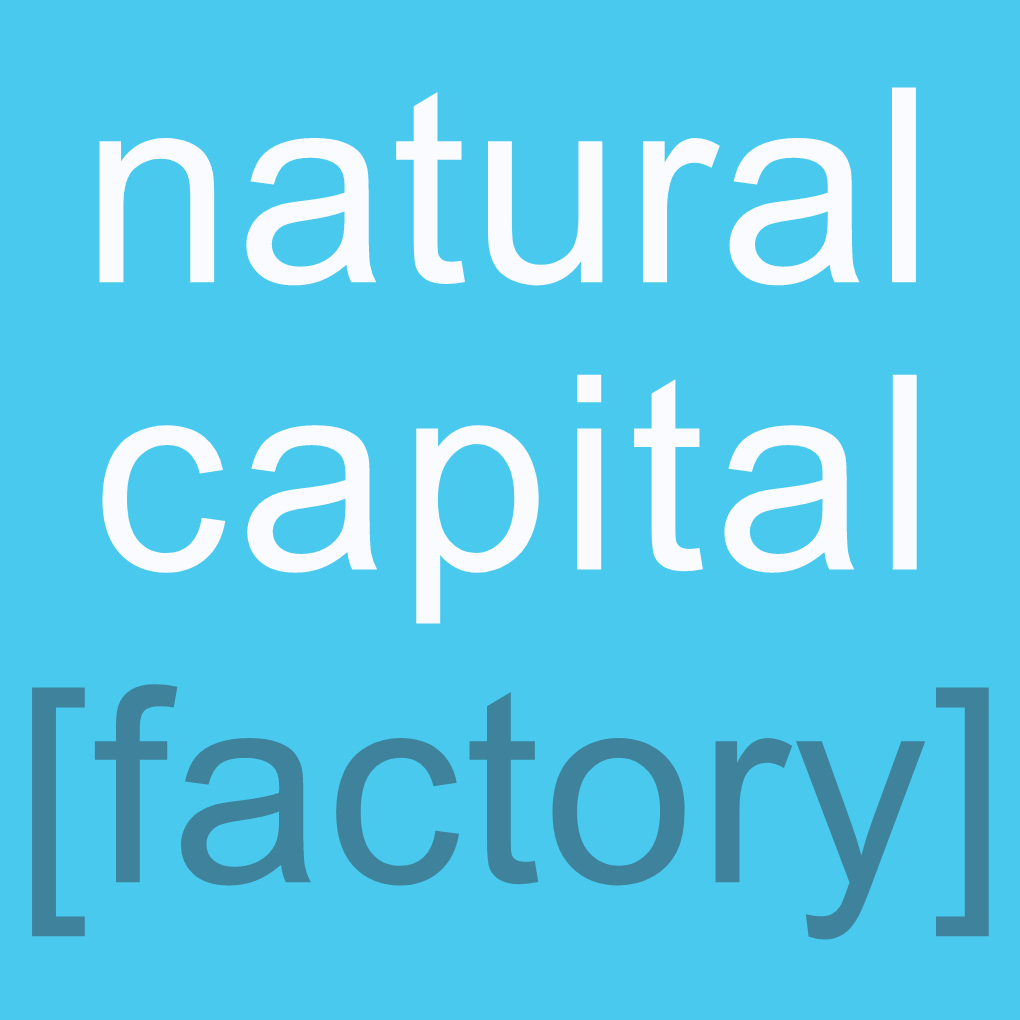Natural Capital and Forestry Working Group
Given the fundamental role that natural capital stocks and ecosystem services play in maintaining biodiversity and in achieving the objectives linked to ecological transition, the integration of natural capital in territorial development planning at all scales (local, regional, national) is critical to achieving the 2030 Sustainable Development Goals and broader commitments related to the new Post-2020 Global Biodiversity Framework.
The Natural Capital Sector and Forestry Sector Group, promoted within the framework of the European Interreg COMFOR SUDOE project, promotes the creation of an intelligent network to recognise the valuation systems of ecosystem services and natural capital in Sudoe region countries.
Context
The greatest existing pressure on natural resources worldwide is shown through land degradation -which has resulted in the reduction of the productivity of the world terrestrial area by 23%-, the decrease in biodiversity (around a million species of animals and plants are at risk of extinction) and global climate change.
In response to the recognition that these challenges need to be addressed, there are growing stakeholder expectations for better environmental accounting and reporting not only by governments, but also companies, which are increasingly viewed as key players in modern decentralized environmental governance.
Consumers and investors have joined with regulators, supervisors and other stakeholders to seek reassurance that both governments and companies are operating sustainably.
The forestry sector has the potential to exacerbate or mitigate these global challenges, depending on how it conducts land management. The environmental and social impacts of unsustainable forest management are well known, so proper management can improve environmental outcomes and provide ways to improve the livelihoods of rural and regional communities.
In the global context, forests cover around 31% of the land surface of the Earth.
In the case of the European Union, 39% of the territory is covered by forests. In particular, the countries of the Sudoe region contribute 18.4 million hectares in the case of Spain (equivalent to 36.7% of the Spanish surface), 17 million ha in the case of France -31% of the total- and 3.2 million ha in the case of Portugal (approximately, 34.4% of the Portuguese territory).
In order to encourage informed and science-based decisions by policy makers and professionals with responsibility for land management, partners of Interreg COMFOR SUDOE project are developing several actions, including the creation of a working group on natural capital and forestry . The general purpose of this working group is to promote knowledge on the approach, assessment and accounting of the natural capital of forest ecosystems among actors in the Sudoe region in order to favour a sustainable management of the territory.
Why a working group on natural capital and forestry
Forestry depends critically on natural resources such as clean air, water, soils and biodiversity to generate economic and social benefits. Access to these resources is threatened by challenges such as the loss and decline of nature and ecosystems, and climate change. To address society’s expectations, industry must face the challenge of accounting and reporting its impacts and dependencies, as well as benefits, in a clear and transparent manner.
The term ‘natural capital’ conceptualises nature as a set of assets: stocks of renewable resources such as clean air, water, soil, fauna and flora, as well as non-renewable resources such as minerals, metals and fossil fuels.
These natural capital assets produce flows of ecosystem services that have value because they benefit society.
Some ecosystem services (such as clean air) benefit us directly, but are often combined with other forms of capital (e.g. human or manufactured capital) in the economy to produce traditional economic goods and services.
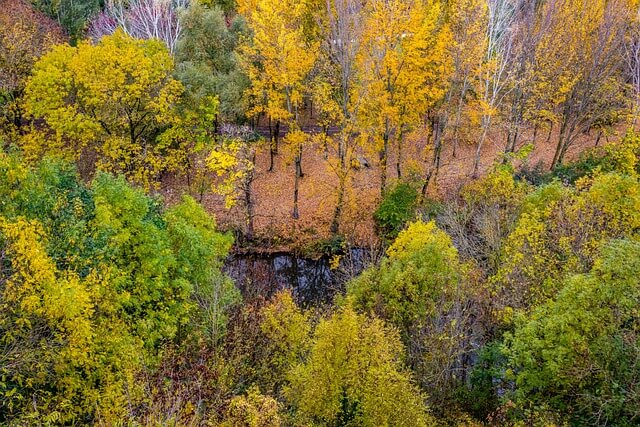
Natural capital accounting
Natural capital accounting provides a framework for demonstrating the capacity of forest systems to deliver sustained benefits to both society and economic sectors
Objectives of the Working Group in Natural Capital and Forestry
- Promote knowledge on the approach and accounting of natural capital in the Sudoe region.
- Favour the exchange of experiences on the identification, measurement and valuation of natural assets and ecosystem services.
- Contribute to the creation of an intelligent network for the valorisation of ecosystem services and natural capital valuation systems in Sudoe region countries.
- Promote the implementation of natural capital accounting mechanisms.
- To inform members about the latest developments in the quantification of natural capital.
- To identify existing monitoring that can contribute to natural capital accounting.
Join the Working Group on Natural Capital and Forestry
If you are interested in becoming a member, complete the following form
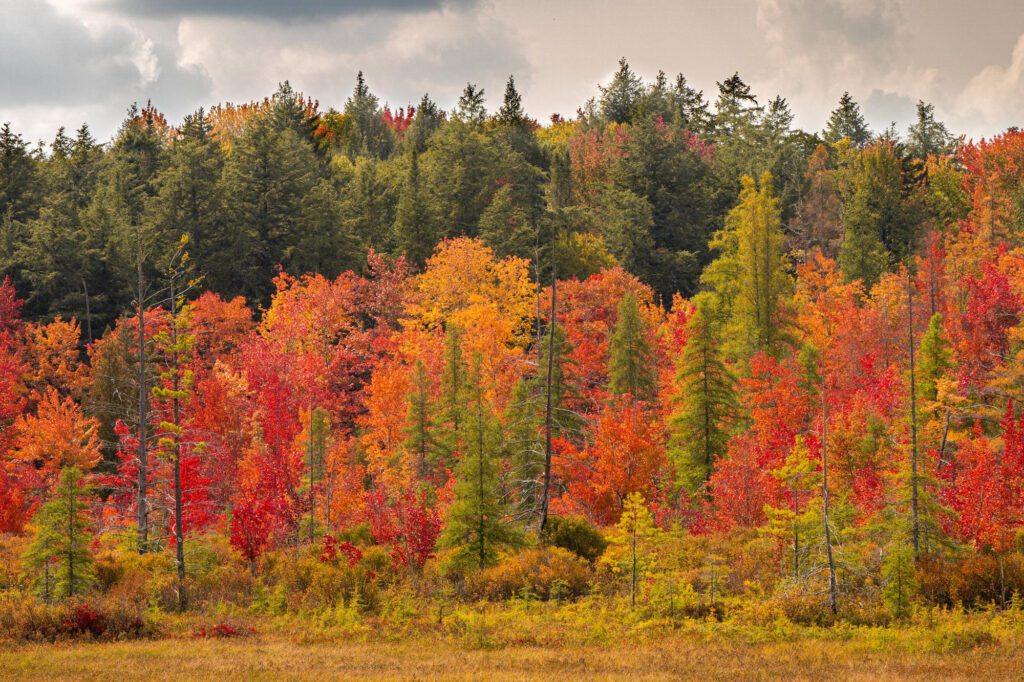
Private access to members of the SGNCF
Natural capital valuation case studies and entities
Learn about examples of the application of ecosystem services valuation and entities and organisations working in this field
FEATURED EVENTS
"Forests and the financial sector: partners in action towards a positive world for nature"
WORKSHOP "Accounting for ecosystem services of complex forests. Opportunities for its application and integration in public-private forest management"

